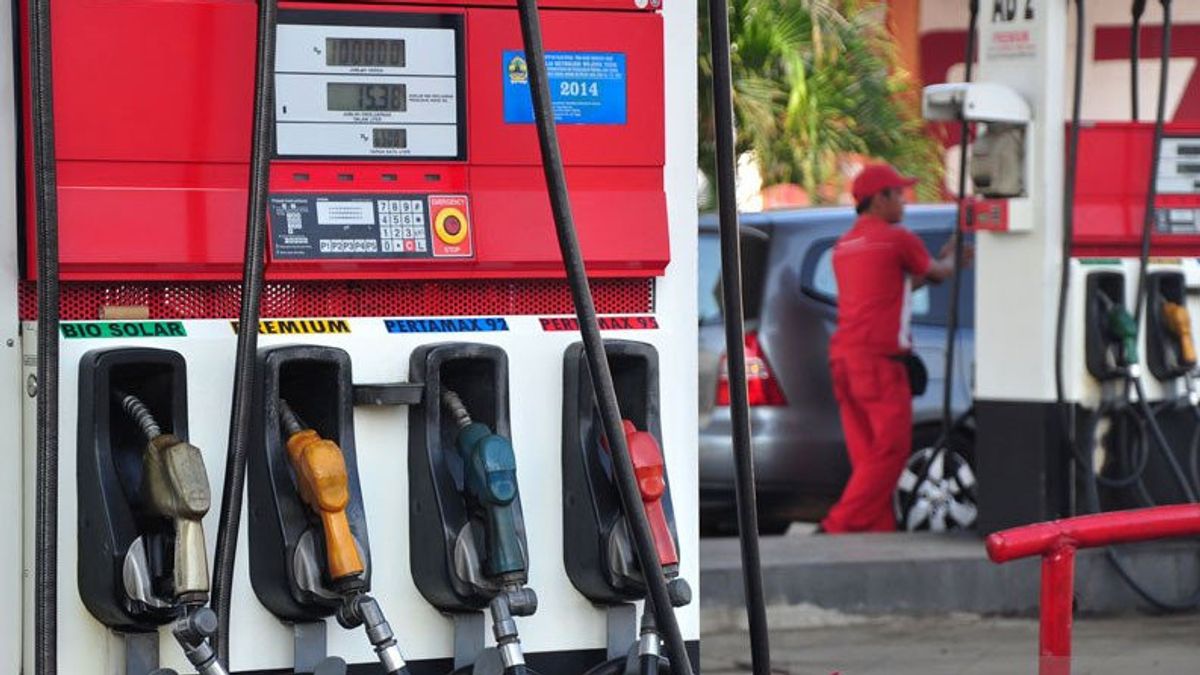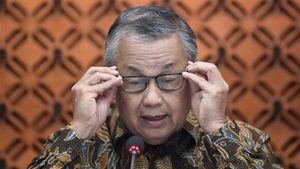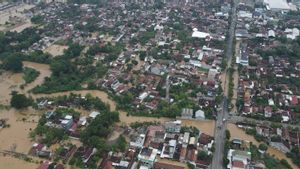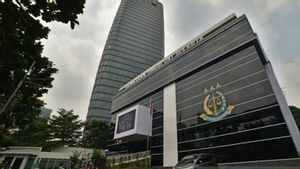JAKARTA - The Bali Province Bank Indonesia Representative Office predicts that the economic recovery on the Island of the Gods will continue, even though the increase in fuel oil prices (BBM) will have an impact on rising inflation.
"The increase in fuel will cause an increase in inflation, but it will not have a significant impact on Bali's economic growth," said Bali Province KPWBI Head Trisno Nugroho in Denpasar, quoted from Antara, Monday, September 19.
Previously, the Bali Provincial BPS noted that Bali's economy in the second quarter of 2022 grew by 3.04 percent (yoy), while Bali's inflation in August 2022 was recorded at 6.38 percent.
"So, taking into account the trend of economic growth and rising inflation rate at a reasonable level, it is estimated that Bali's economic recovery process will continue and Bali will not experience stagflation," said Trisno.
Trisno added that the increase in fuel prices had a direct or indirect impact on inflation. The direct impact is the impact of the increase in fuel prices itself as part of inflation.
Meanwhile, for indirect impacts, the increase in fuel prices will lead to an increase in passenger transport rates. The increase in city transportation and intercity transportation rates is determined by the Organda and local government.
Then the increase in fuel will cause an increase in the cost of transporting goods, which further has an impact on the increase in goods prices.
"Hopefully inflation will increase because the increase in fuel is only 'one shot' in September with a range of 1-1.5 percent. Meanwhile, from October to December it has stabilized, which the government has sought with social assistance. In addition, it is hoped that in October-December there will be deflation commodities," he said.
The Provincial and Regency/City Inflation Control Team (TPID) in Bali will continue to monitor the development of food and strategic commodity prices and supplies.
Trisno said that we can also see the impact of the increase in fuel prices on the Balinese economy from two sides, namely the purchasing power of households in Bali and the tourism industry.
"The Balinese people mostly use motorbikes as the main means of transportation, so the increase in fuel prices will lead to increased spending on transportation," said the former Head of the Bali Province KPWBI.
Furthermore, the increase in transportation costs will be responded to by households by reducing expenses for secondary commodities (vehicle, clothing, shoes, sandals, bags, accessories, cosmetics) and tertiary (such as mobile phones, recreation, hobby kits). "Thus, the increase in fuel prices will reduce spending on Bali Province household consumption," he said.
Meanwhile, for the tourism industry, Trisno continued, the increase in fuel prices will have an impact on increasing transportation rates and hotel room rates, causing tourist spending to become more expensive.
For domestic tourists, the decline in allocation for tertiary expenditures and the more expensive costs that must be incurred for travel, will have an impact on reducing the ability to travel to Bali. Although the interest is still high.
"Residents from Java who will travel to Bali via land travel in private vehicles are decreasing, thereby slowing the trend of increasing the number of domestic tourists to Bali," said Trisno.
The English, Chinese, Japanese, Arabic, and French versions are automatically generated by the AI. So there may still be inaccuracies in translating, please always see Indonesian as our main language. (system supported by DigitalSiber.id)













